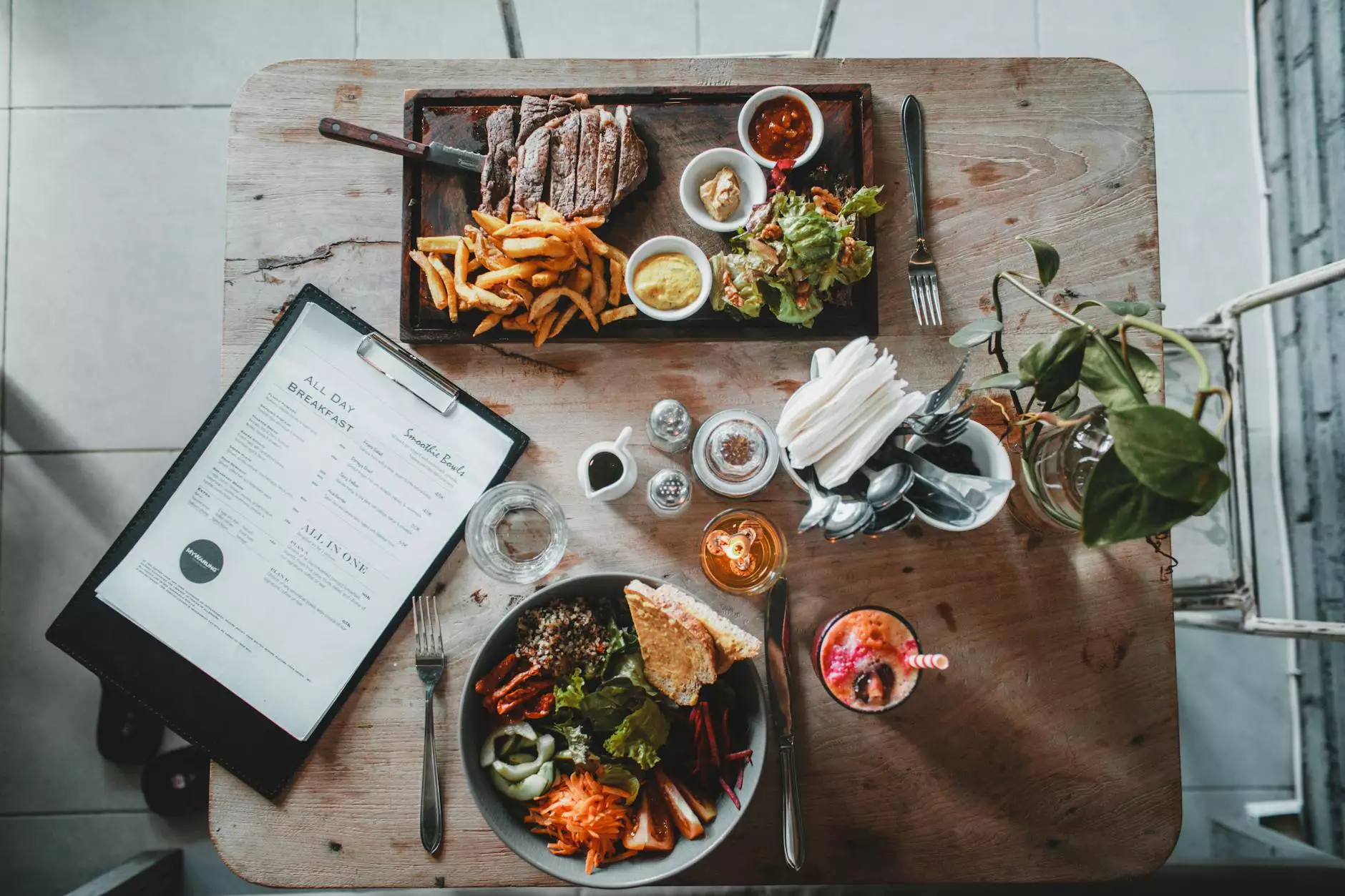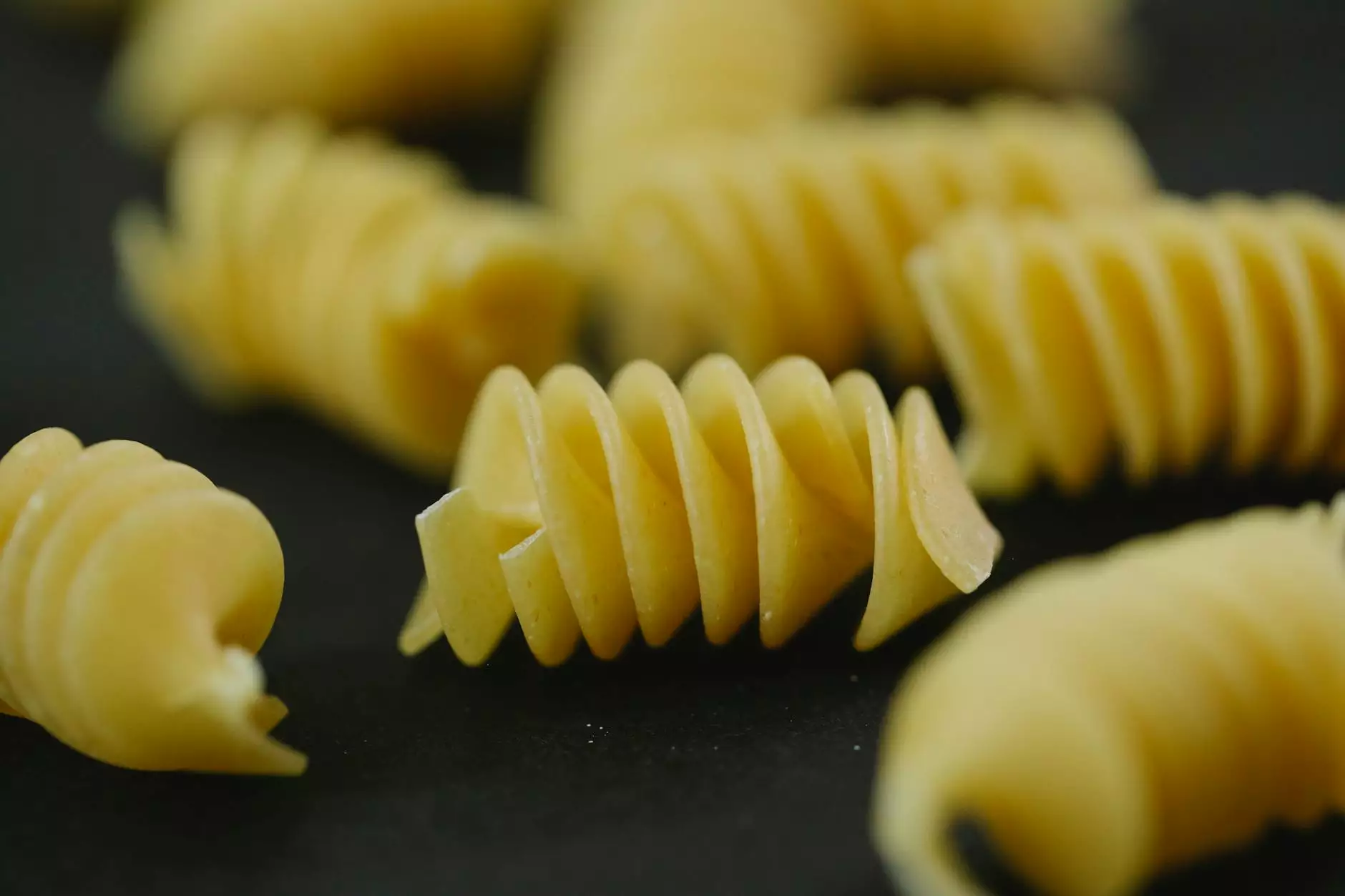The Delicious Debate: Burger vs. Baguette
Language Comparisons
Welcome to NJCLT's exploration of the mouthwatering duel between burgers and baguettes. Join JP Linguistics on a culinary and cultural journey as we delve into the significance, history, and language nuances surrounding these iconic food items.
1. The Culinary Clash
When it comes to a head-to-head battle between burgers and baguettes, both contenders bring their unique flavors and culinary experiences to the table.
The burger, a beloved American classic, boasts a juicy patty nestled between two soft buns, complemented by a plethora of toppings like cheese, lettuce, tomato, and onions. The combination of textures and flavors creates an explosion of satisfaction with each bite.
On the other hand, the baguette, a quintessential French delicacy, offers a distinct experience with its crispy golden crust and soft, airy interior. It serves as the perfect vessel for a variety of fillings, from delectable charcuterie to fresh vegetables and tangy spreads.
1.1 The All-American Burger
The history of the burger can be traced back to early 20th-century America when it gained popularity as a convenient and delicious fast food option. Today, burgers have evolved into an art form, with gourmet variations gracing menus worldwide.
From the classic cheeseburger to the innovative creations featuring gourmet toppings and unique sauces, the possibilities are endless. Whether it's a backyard barbecue or a trendy burger joint, the allure of the all-American burger is undeniable.
1.2 The Art of Baguette
The baguette, steeped in French tradition, embodies the essence of French cuisine. Its creation requires patience and skill, with a lengthy fermentation process to achieve the perfect texture and flavor. Each bite of a freshly baked baguette is a testament to the craftsmanship and dedication of French bakers.
From the classic jambon-beurre, a simple but exquisite combination of ham and butter, to the extravagant banh mi filled with marinated meats and pickled vegetables, the versatility of the baguette shines through. It is a culinary staple in France, enjoyed in picnics, cafes, and bistros throughout the country.
2. Cultural Significance
Beyond their culinary expertise, both burger and baguette hold cultural significance that goes beyond mere sustenance.
2.1 Burgers and Americana
The burger has become synonymous with American culture, representing various aspects such as fast food, casual dining, and even national identity. It is a symbol of convenience, a quick meal on the go, and an integral part of American cookouts and tailgate parties.
Moreover, the burger has made its way into popular culture, portrayed in movies, television shows, and advertisements. It has achieved an iconic status, embodying the American dream and capturing the essence of Americana.
2.2 Baguettes and French Art de Vivre
The baguette is deeply ingrained in French culture, symbolizing the art de vivre, or "art of living." It represents the emphasis placed on savoring and appreciating life's pleasures, including food, wine, and long leisurely meals.
In France, it is common to see people walking home with a fresh baguette tucked under their arm, a ritualistic experience that showcases the importance of quality bread in everyday life. The baguette has also been recognized by UNESCO as part of the Intangible Cultural Heritage of Humanity.
3. Language Nuances
As language and culture intertwine, both burgers and baguettes have left their linguistic mark on the world.
3.1 The Language of Burgers
The lexicon surrounding burgers is vast and varied, reflecting the global reach and popularity of these savory treats. From regional variations to popular fast-food chains, the burger vocabulary encompasses a wide range of terms.
Phrases such as "double cheeseburger," "bacon burger," and "veggie burger" have become household names, while food enthusiasts explore new frontiers with terms like "slider," "gourmet burger," and "plant-based patty." The language of burgers constantly evolves and adapts to cater to changing tastes and dietary preferences.
3.2 The French Language of Baguettes
Baguettes have their linguistic legacy deeply rooted in the French language. The word "baguette" itself translates to "stick" or "wand," referring to its elongated shape.
Within the realm of French cuisine, specific phrases like "une baguette traditionnelle" or "une baguette à l'ancienne" denote traditional baguettes made using time-honored techniques. Similarly, terms like "ficelle" and "pain de campagne" represent variations in size, shape, and ingredients.
4. Conclusion
The debate between burgers and baguettes will forever ignite passionate discussions among food enthusiasts around the world. Both are culinary powerhouses, each with its own unique qualities, cultural significance, and language nuances.
At NJCLT, we celebrate the beauty of diversity, exploring languages, cultures, and the delicious connections they create. Join us on this delectable journey where languages are spoken, cultures are embraced, and the universal language of food unites us all.




